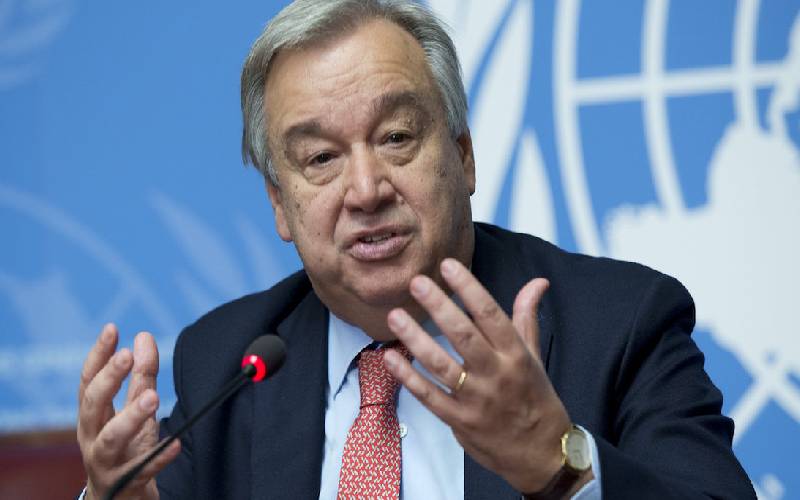×
The Standard e-Paper
Fearless, Trusted News

The United Nations (UN) has condemned attacks on journalists and media workers, imploring upon States, including Kenya to implement the more effective applicable legal framework for the protection.
The call is informed by reports on increased violence, threats and attacks against journalists.